#chattel slavery
Text

#twitter#tweet#tweets#police violence#police brutality#workers rights#labor history#chattel slavery#united states#history#labor movement
47 notes
·
View notes
Text
#talkin#tik tok#white people#colonization#colonialism#blood diamonds#michael rapaport#genocide#slavery#chattel slavery#white saviorism
33 notes
·
View notes
Text
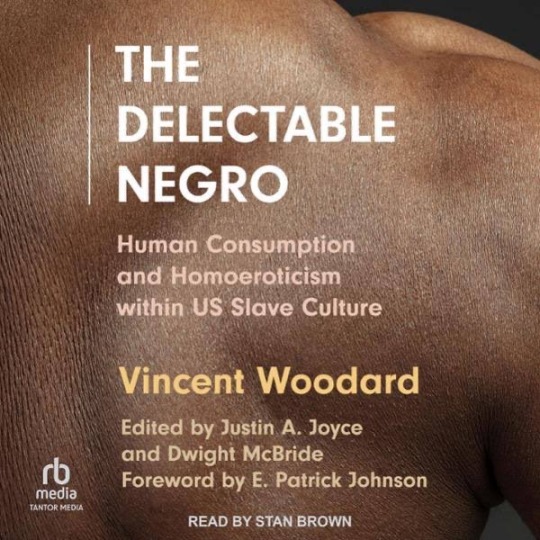
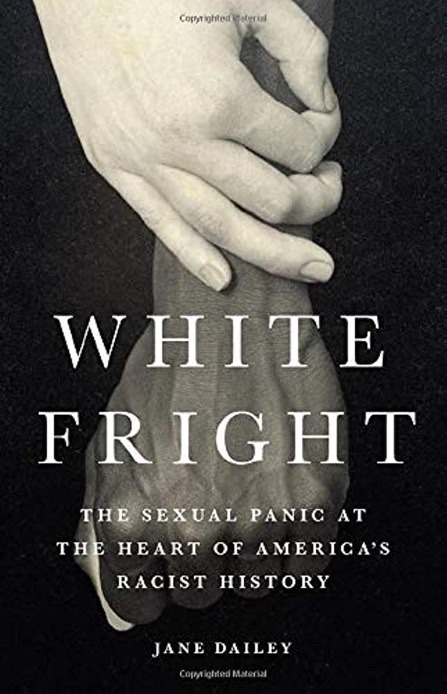
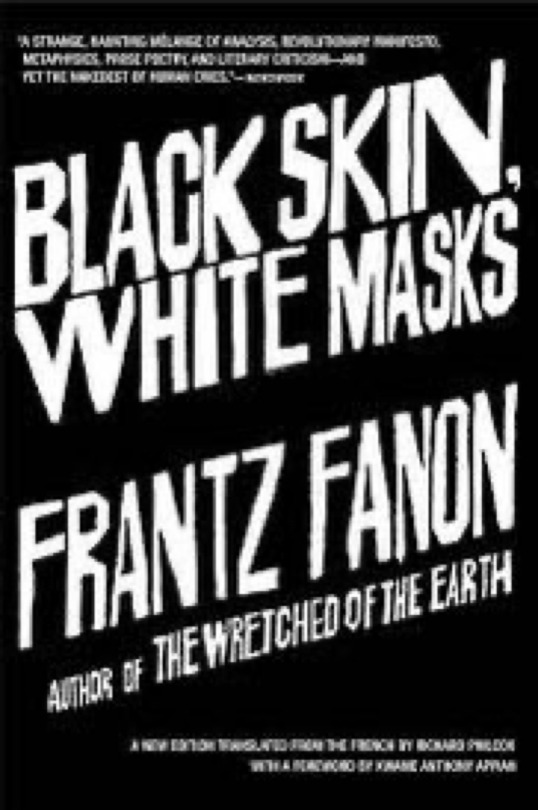
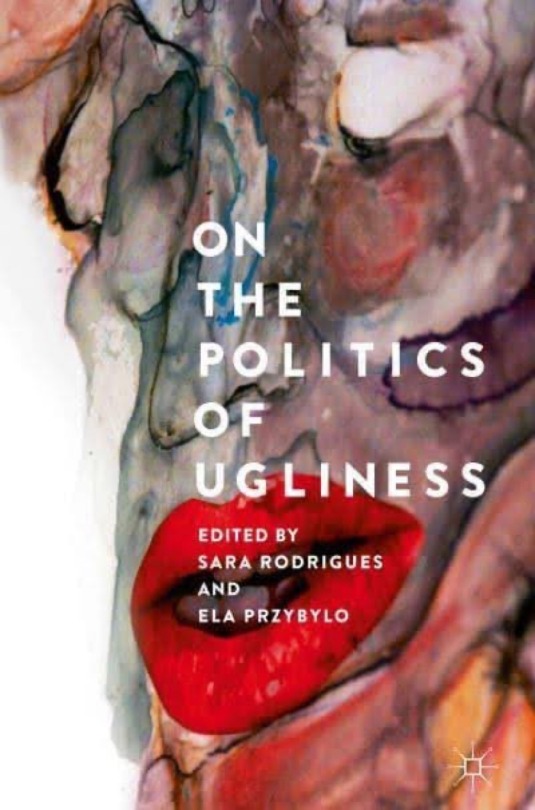
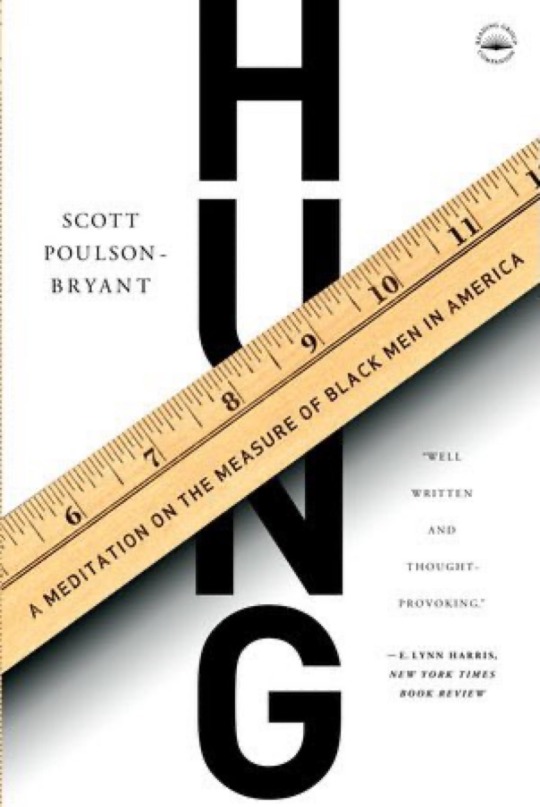
more recs
81 notes
·
View notes
Text
Watching all these historian commentaries/butcheries of The Patriot often leaves me wondering if we aren't sending one humanities discipline to do a job as well or even better suited to another one. Obviously, some people do both--I did both!--but when historians criticize fictionalized accounts of history for representing people whose views and actions were not statistically common, maybe they are missing the point? The Patriot does not purport to be a biography. it is a fictionalized account of historical events. It does, however, purport to accurately reflect a historical setting, but it doesn't do that either! The more egregious problem with The Patriot is that it presents very rare views and actions as completely normal and far more commonplace ones as aberrant.
Historians often cite statistics about the pervasiveness of chattel slavery in colonial South Carolina to argue for the ridiculousness of Benjamin Martin not owning slaves. It is a very misleading choice given that Martin is a composite of several historical figures who certainly were enslavers, but there is a reason he isn't called Nathaniel Greene or Daniel Morgan or Francis Marion, and that is to give the writers some leeway in how they represent him. What is weird about Martin not owning slaves is that not one of his peers finds it weird. When he refuses to support the war for independence, none of his fellow assembly members responds with, "Well, what did we expect from a freak who pays free men to work his land?" Martin is in a long-term relationship with a woman who does own slaves, and his children spend most of the movie's run time with her without the issue of slavery ever coming up. When Martin's employee tells Tavington of his situation, Tavington replies without skipping a beat, without so much as a raised eyebrow with "Well, then you are free men who will have the honor and the privilege of serving in the King's Army" when a more appropriate response would have been " . . . What?"
You know what Tavington does find positively bizarre? Colonial Loyalists. He regards James Wilkins with suspicion from the moment he opens his mouth: "How can I trust a man who'd betray his neighbors?" When Wilkins replies that he sees neighbors who would betray England as traitors, Tavington looks at him like he's confessed to having a very niche fetish. And Tavington is his ally! Mr. Howard cannot credit finding Wilkins among the Green Dragoons at Pembroke church even though he exchanged verbal blows with him on the subject of independence years before. In a more accurate setting, they would have employed far more lethal materials than words against each other by 1780. Martin blithely leaves his children in the most obvious place possible without even considering that someone who knows his family might seek to harm them. The problem is not, as some have argued, that the film only has one Loyalist character. When its main focus is on South Carolina Patriots and their families, how may Loyalists does it need? The problem is that Wilkins is treated as a pariah rather than a representative of a population within South Carolina large enough to cause problems for the Patriots.
The South Carolina of The Patriot is absolutely otherworldly: a problem-free idyll until Cornwallis's army rolls up like Satan into Paradise and ruins everything for everyone, apparently. The small biographical inaccuracies seem to me to pale into insignificance against the film's refusal to depict South Carolina as the cesspool of racial and political violence that it actually was all throughout the American Revolution. Other representations of this war also contain numerous biographical inaccuracies--I am talking about Turn, if that's not abundantly clear--but nonetheless do a much better job of representing the diverse perspectives that made up colonial America. It seems grossly unfair to lump these kinds of texts in with The Patriot. Obviously, historical accuracy is important to consider when evaluating even fictionalized representations of history, but historians would benefit from considering character dynamics and narrative framing as well.
#the patriot#american revolution#south carolina#chattel slavery#colonial loyalism#american history#film analysis#history major things#english major things
12 notes
·
View notes
Text

Leviticus 25:44-46
Your male and female slaves are to come from the nations around you; from them you may buy slaves.
You may also buy some of the temporary residents living among you and members of their clans born in your country, and they will become your property.
You can bequeath them to your children as inherited property and can make them slaves for life, but you must not rule over your fellow Israelites ruthlessly.
Exodus 21:20-21
Anyone who beats their male or female slave with a rod must be punished if the slave dies as a direct result,
but they are not to be punished if the slave recovers after a day or two, since the slave is their property.
Exodus 21:32
If the bull gores a male or female slave, the owner must pay thirty shekels of silver to the master of the slave, and the bull is to be stoned to death.
The objective morality of an eternal being.
#christianity#bible#bible study#slavery#god likes slavery#chattel slavery#god of slavery#religion of slavery#religion#religion is a mental illness
88 notes
·
View notes
Text
It's not a secret that a succession of British monarchs enriched the former empire — and themselves personally — off the evils of the transatlantic slave trade.
What's less obvious — and of interest to today's highly charged debate over the monarchy's ties to slavery — is what they knew about the practice, how they felt about participating in it and their level of enthusiasm for it.
Some 360 years ago, did King Charles II regard trafficking in human beings the same as trading in elephant tusks? Did his brother, the future James II, have any moral qualms about running the most notorious slave-trading company in the world?
The early answers to both questions, gleaned by examining just a single document, seem "yes" to the first and "no" to the second — and there are collections and libraries filled with hundreds, even thousands, of documents still needing to be pored over. [...]
Continue Reading.
Tagging: @politicsofcanada
81 notes
·
View notes
Text
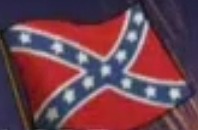
testing censorship also feds please stop watching me
2 notes
·
View notes
Text
Saying, "it was 100 years ago, get over it!" tell me that my heritage, my family's generational trauma, doesn't matter. This is how the horrors of history are not only forgotten, but are also repeated. I'll NEVER get over it.
4 notes
·
View notes
Text
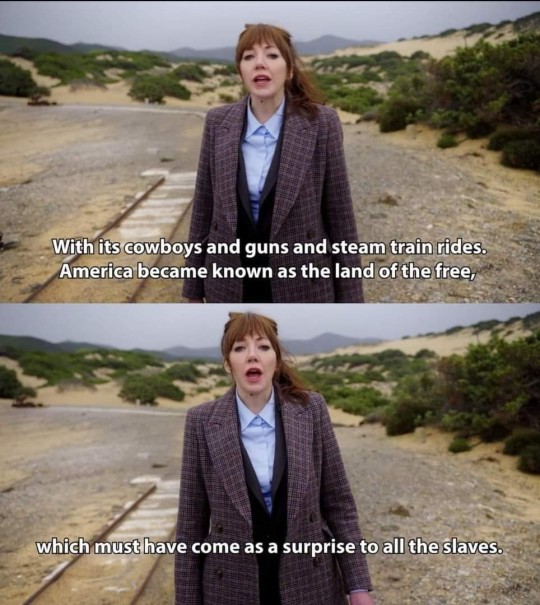
#usa#america#australia#australian#slavery#chattel slavery#us government#us govt#made in usa#usa news#united states#unitedstateofamerica#native american#amerikkka#amerika#wage slavery#ausgov#politas#auspol#tasgov#taspol#fuck neoliberals#neoliberal capitalism#anthony albanese#albanese government#land of the free#contradiction#contradictory#false statements#fraud
3K notes
·
View notes
Text
“According to Adam Smith, the discovery of America and the Cape route to India are ‘the two greatest and most important events recorded in the history of mankind.’ The importance of the discovery of lay not in the precious metals it provided but in the new and inexhaustible market it afforded for European commodities. One of its principle affects was to ‘raise the mercantile system to a degree of splendor and glory wish you could never otherwise have attained to.’”
Eric Williams - Capitalism and Slavery, 47 (1944, 1994)
#Eric Williams#capitalism and slavery#socialism#Marxism#black radicalism#black politics#chattel slavery#black history#afropessimism
24 notes
·
View notes
Video
Cop city in Atlanta
https://www.transitionus.org
https://defendtheatlantaforest.org/
http://www.savetheoldatlantaprisonfarm.org/
#tiktok#cop city atlanta#cop city#atlanta#Georgia#USA#police violence#police brutality#police abolition#climate crisis#floods#water pollution#climate change#inequality#income inequality#wealth inequality#chattel slavery#prison labor#prison abolition#prison#forest preserve#forests#collective action#protests
348 notes
·
View notes
Text
88 notes
·
View notes
Text
according to larry koger in his book black south carolina , between the years 1790 and 1860, 10k slaves were owned by free black people in louisiana, maryland, sc and virginia. [which is approx. 1-2% of all people ever owned in the continental usa]. research done on the background of the owners shows that many themselves were former slaves (albeit situations varied. some were born as house slaves , or manumitted earlier from urban servitude .. but nonetheless these owners were themselves born in slavery and/or descended from immediate family born into slavery) & purchasing their own family members and were later restricted by the dominant (white) law in doing so and had to set quotas or Choose Between which one of ur own family members to BUY. speaking so flippantly on real life , tragic history with no research or care for the people & descendants involved is disgusting, no matter who you are.
#his book is extremely redundant & droll at times but.#shiku just linked me to some str8 up bullshit my lord#yn.#history#chattel slavery#antiblackness
16 notes
·
View notes
Text
Social Mobility
Obviously, there are a lot of problems with The Patriot's representation of slavery, but the fact that so many discussions of this center on Benjamin Martin overlooks an interesting possibility concerning this character. That Martin not only hires free men to work his land instead of using slave labor but also does heavy farm work himself is often read through a Doylian lens of making the hero more sympathetic to a modern audience. But what if we consider this choice through a Watsonian lens? What would that say about Martin?
First, he clearly does not hire free men to help him out of any moral distaste for the practice of slavery . If he felt that way, it is unlikely he would have married into a slave-owning family once, let alone twice. In the one moment where he does seem to support racial equality, his insistence that Occam sign for himself could be more about assuring the loyalty of this lone Black man who will be fighting alongside White volunteers. Perhaps, for the moment, Martin is stepping outside the White fantasyland of The Patriot where Black people simply do not escape from their enslavers when the opportunity arises. And maybe this reality is also behind Martin's choice to use free laborers for his own farm. Notice that not only he but also his sons play a role in planting, as we see when he asks Nathan and Samuel about the progress on their chores at the start of the movie. Most often, people parent in the ways they were parented, which raises an interesting possibility. Martin chose not to have slaves because he does not come from an enslaver family and has been used to doing his own labor, but now he has more land than he can manage himself even with the aid of four work-aged sons.
How on earth did this occur?
Well, it could have something to do with his being a war hero. That could also explain how a man who farmed his own land was able to marry into a family wealthy enough to afford slaves in the first place. Perhaps his marriage to Elizabeth was as much a reward for his wartime service as his marriage to Charlotte many years later. Women did not buy slaves for themselves in the colonial South, so Charlotte's are likely part of her inheritance from either her father or late husband (mentioned in some versions of the film/script, but not all). It would have been very unlikely for a woman to marry above her class, but a man could do so if he chose the right means of advancing himself. Looked at in this light, Martin's actions at Fort Wilderness, that made him a "hero" and for which he claims to feel such deep regret, gave him not only the land he owns but also the mother of his children, the gift that kept on giving (and giving and giving and . . .)
"I advance myself only through victory." "The honor is found in the ends, not the means." If my reading holds merit, these words from the villain's mouth actually describe the hero's trajectory far more accurately than Colonel Tavington's. As despicable as Tavington's actions are, he is only seeking upward mobility through tried and true methods, as Martin's experience attests. I've always found it funny that Tavington insists he can never return to England with honor but expresses no concerns that having committed war-time atrocities against Americans could impede his thriving in America. People in London for whom Tavington's victims are merely a newspaper headline will be appalled, but their flesh-and-blood Loyalist neighbors ? They'll get it!
Tavington's claim to his second James Wilkins that their burning a church filled with Patriot civilians will be forgotten is dubious at best. Most likely he knows better and is only saying that to ease Wilkins' conscience. But the reason such an action would live in infamy is not because it was particularly brutal by colonial standards. It's because the victims were White. The British Empire was a deeply White supremacist institution, and as movies like The Patriot show, that is a holdover from imperialism that we have yet to part ways with.
#the patriot#benjamin martin#chattel slavery#william tavington#social mobility#tldr Martin can still be a terrible person without having owned slaves
11 notes
·
View notes
Photo
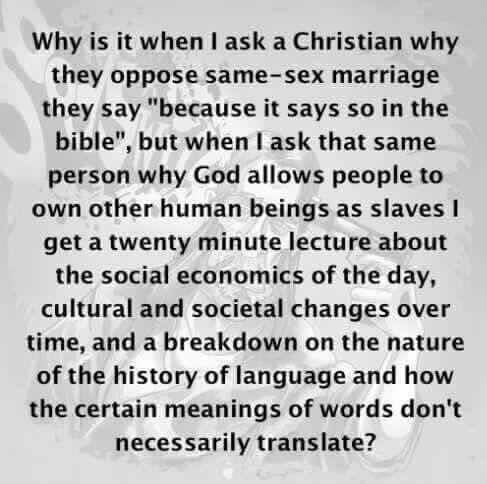
“Why is it when I ask a Christian why they oppose same-sex marriage they say ‘because it says so in the bible’, but when I ask that same person why God allows people to own other human beings as slaves I get a twenty minute lecture about the social economics of the day, cultural and societal changes over time, and a breakdown on the nature of the history of language and how the certain meanings of words don't necessarily translate?”
Xians pick and choose their morals because they know their bible is complete and utter bullshit too.
#christianity#bible#bible study#bible bullshit#homosexuality#same sex marriage#slavery#god likes slavery#slavery in the bible#chattel slavery#bible nonsense#religious hypocrisy#christian hypocrisy#religion#religion is a mental illness
90 notes
·
View notes
Link
More than a year after Canada proclaimed Aug. 1 as Emancipation Day, Black leaders and scholars are renewing their calls for Ottawa to make a formal apology for the country's history of slavery and its intergenerational harms.
Essex County author Elise Harding-Davis said Sunday that the federal government's vote last March to recognize Emancipation Day shows Canadian leaders know that the country's history of slavery has caused generations of harm to Black people.
To ignore years of calls for a proper apology is "shameful," she said.
"An apology would mean recognition of the fact that we were enslaved in this country," Harding-Davis said in an interview. "It would also be an amelioration of the harsh treatment Black people have received and the validation that we have honestly contributed not only to this country, but to the making of this country."
Continue Reading.
Tagging: @politicsofcanada
#chattel slavery#Slavery#anti blackness#Anti black racism#cdnpoli#canada#canadian news#canadian politics#canadian#racism
218 notes
·
View notes